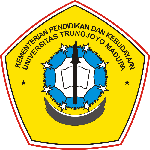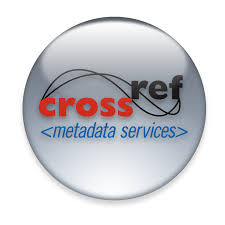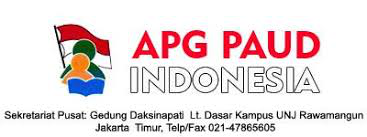Pengaruh Pelatihan Stimulasi Kecerdasan Emosi Terhadap Pengetahuan dan Ketrampilan Guru TK Dalam Mengembangkan Kecerdasan Emosi Anak Didik
Abstract
Full Text:
PDF (Bahasa Indonesia)References
Direktorat Pembinaan Pendidikan Anak Usia Dini. (2011). Petunjuk teknis penyelenggaraan taman kanak-kanak. Jakarta : Direktorat Pembinaan Pendidikan Anak Usia Dini
Direktorat Pendidikan Anak Usia Dini. (2010). Pedoman teknis penyelenggaraan kelompok bermain. Jakarta : Direktorat Pendidikan Anak Usia Dini
Goleman, D. (1995). Emotional intelligence: Why it can matter more than IQ. New York: A Bantam Book
Gottman, J., & DeClaire, J. (2003). Kiat-kiat membesarkan anak yang memiliki kecerdasan emosional. Jakarta: Gramedia Pustaka Utama
Hartini, N. (2004). Meningkatkan kecerdasan emosi anak melalui pola permainan sosial: Suatu studi eksperimen pada anak prasekolah. Universitas Airlangga: Fakultas Psikologi
Kementerian Pendidikan Nasional. (2010). Pedoman pengembangan program pembelajaran di taman kanak-kanak. Jakarta: Kementrian Pendidikan Nasional
Mashar, R. (2011). Emosi anak usia dini dan strategi pengembangannya. Jakarta: Kencana Prenada Media Group
Seniati, L., Aris, Y., & Bernadette, S. (2005). Psikologi eksperimen. Jakarta: PT Indeks
Sujianto, A. (2009). Aplikasi statistik dengan SPSS 16.0. Jakarta: Prestasi Pustaka Publisher
Sujiono, Y. (2009). Konsep dasar pendidikan anak usia dini. Jakarta: PT. Indeks
Wandansari, Y. (2010). Pemahaman guru taman kanak-kanak tentang pendidikan emosi: Studi pendahuluan. Universitas Katolik Widya Mandala Surabaya: Fakultas Psikologi
Windingstad1, S., McCallum1, R., Bell1, S., & Dunn, P. (2011). Measures of emotional intelligence and social acceptability in children: A concurrent validity study canadian. Journal of School Psychology, 26(2), 107–126
DOI: https://doi.org/10.21107/pgpaudtrunojoyo.v2i1.1818
Refbacks
- There are currently no refbacks.
Copyright (c) 2016 Nukmatus Sariri

This work is licensed under a Creative Commons Attribution 4.0 International License.
Diterbitkan oleh:

Program Studi Pendidikan Guru Pendidikan Anak Usia Dini, Fakultas Ilmu Pendidikan
Universitas Trunojoyo Madura.
Jl. Raya Telang PO BOX 2 Kamal, Bangkalan, Jawa Timur 69162
Telp. (031)3014239/ Fax. (031)3011506









